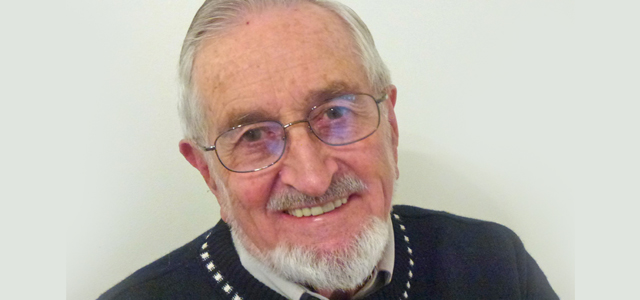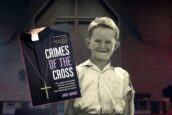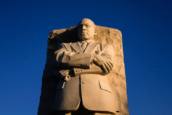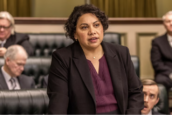
Obituary: Rev. Bruce Prewer

Rev Bruce Prewer is remembered as a nationally recognised poet and liturgist who gave Christianity a distinctly Australian voice.
Following a protracted illness Bruce passed away surrounded by family in Victoria on 11 September, 2018.
Born in 1931, the youngest of four children, Bruce’s early years were spent at Dilston in Tasmania.
He credited reading the daily paper during an extended hospital stay caused by rheumatic fever with opening his mind to the world beyond Dilston.
His experience of fire and brimstone preachers engendered in the young Bruce a hatred of religion. He made up his mind that he wanted nothing to do with their God.
He leaned towards agnosticism in his teens, continuing to attend worship with his parents, enjoying the pipe organ playing and smorgasbord of hymns in the Methodist Hymn Book. That there were pretty girls in the junior choir didn’t escape his notice either.
Yet it was a time of deep discontent for him. In March 1949 he attended an evangelical rally and gave his life to Jesus. He describes this as the big turning point in his life and “the smartest thing I ever did”.
Only a few months later, during worship service he had a mystical ‘auditory’ experience of being called to ministry.
After a year at Otira College in 1950 the “church fathers” decided to fast-track him into the ministry.
In 1955 he was posted as probationary minister to King Island, and was given permission to marry Marie Goldsmith, which he said was “second smartest thing I ever did.”
In March 1957 he was ordained at Wesley Church, Melbourne and posted to Wynyard, Tasmania, where he began to experiment with different styles of worship.
Having rearranged the church set-up, he introduced informal talk-back evening services, singing rock music and African-American spirituals. The often infamous Truth magazine did an article portraying him as a young rebel breaking the old traditions.
Following a posting at Glenorchy in Hobart, Bruce was granted his desire to move back to Victoria to be nearer family. He was posted to Mt Waverley, High St Road. At this time he was first diagnosed with the depression that affected him his whole adult life.
While travelling overseas Bruce encountered the art of Norwegian sculptor Gustav Viegland, particularly his celebration of ordinary people. This helped Bruce see his country and culture from an outside perspective. Viegland inspired Bruce to get on with some of his own down-to-Earth Aussie poetry.
Bruce’s proficiency as a poet is well known in Australian churches. His first book, Australian Psalms, became a religious best-seller.
Among other works to follow were: Brief Prayers for Busy People, Kakadu Reflections, The Boomerang Bender, Prayers for Aussie Kids, My Best Mate, More Australian Psalms, Australian Prayers, Australians at Prayer, Prayers for the Twenty-first Century, and Beyond Words: reflections on the Gospel of Luke. His final book, Faith’s Last Hurrah!, went to press just months prior to his death.
For over six years Bruce served in ministry at North Essendon, which was a significant and productive period of his life.
Bruce was among those who helped pioneer “field placements” for candidates in training for the ministry, providing supervised, hands on, in-parish learning.
Commencing ministry at Adelaide’s Pilgrim Church in 1981 he withdrew from wider church involvements to focus on being a pastor, counsellor, preacher and worship enabler.
He became enamoured with the wilderness beauty of the Flinders Ranges. The abundant wild life and the prehistoric story of the Aborigines in Kakadu National Park featured in his writings.
Once more feeling the tug of family back in Victoria, Bruce moved to St Andrews, Bendigo, in 1989. This time of ministry was curtailed two years later when his chronic depression brought his general health to breaking point.
When his health improved he resumed writing, and developed his website of lectionary/worship resources. He wrote steadily until his health again declined.
Bruce described himself as a ‘theological mongrel’, “a wandering child of God who has been found,” not sitting comfortably in any school of theological thought.
He saw himself as a true evangelist, someone with some very Good News that he wanted others to experience.
While Bruce thought his words were “pathetically inadequate”, many have found those words enriching and inspiring in their own encounter with Jesus.
Bruce is survived by his wife Marie Joyce, sons David, Martin and daughter Chris, eight grandchildren and one great-grandchild.
Rev. Stan Clarke is Minister of the Word at Sunbury Uniting Church




























































